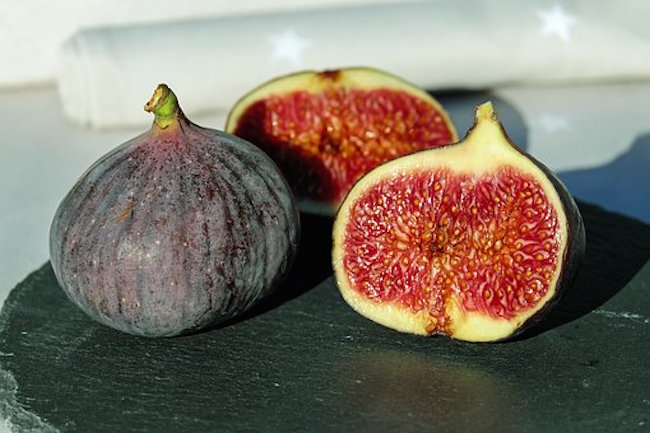Study shows “green” Mediterranean diet helps boost brain function By Zoey Sky for Food Is Medicine
A study suggests that following a “green” Mediterranean diet can help slow down age-related cerebral atrophy.
Cerebral atrophy is the loss of brain cells (neurons) and their electrochemical connectors (synapses). This cell loss results in brain shrinkage and decline in cognitive ability. Cerebral atrophy occurs naturally in all humans. The loss of brain cells starts while you’re in your 30s and 40s. Your brain will also shrink by as much as five percent each decade after age 40. Worse, cerebral atrophy accelerates after 60.
Researchers test green Mediterranean diet and other healthy diets in massive trial
A study conducted by scientists from the Ben-Gurion University of the Negev and Harvard University and published in the American Journal of Clinical Nutrition confirmed the theory that healthy diets boost brain function. For instance, results showed that a green Mediterranean diet slowed brain aging more effectively than the normal version of the diet.
For the 18-month trial, the researchers worked with 284 male and female volunteers aged 31 to 82. It is one of the largest brain MRI trials conducted to date.
The participants either had excessive abdominal fat or unhealthy levels of fats in the blood. They were randomly divided into three groups:
- The first group followed a standard healthy diet.
- The second group followed a Mediterranean diet. The participants were also given an ounce of walnuts per day. Walnuts are a superfood full of polyphenols.
- The third group followed the “green” Mediterranean diet and were given walnuts. They also received other beverages full of polyphenol green components: three to four daily cups of green tea and a daily green shake of Mankai duckweed as a substitute for dinner. The participants in the third group also limited their consumption of red and processed meat.
- All three groups participated in aerobic exercise programs.
Before and after the trial, researchers used brain MRIs to record hippocampal occupancy and lateral ventricle volume measurements to assess degrees of brain atrophy in the volunteers and predict the odds of dementia in the future.
Results revealed that the volunteers who followed the green Mediterranean diet experienced less age-related brain atrophy than those who consumed the basic Mediterranean diet and those who followed the standard healthy diet.
This improvement was most pronounced in the volunteers older than 50. The researchers shared that the more duckweed, green tea and walnuts and the less processed meat consumed, the less decline there was in the volume of the hippocampus.
Iris Shai, the study co-leader, said that the antioxidant polyphenols in plant-based foods can help minimize inflammation in the brain and encourage the growth of new neurons or brain cells.
Multiple studies show health-promoting effects of Mediterranean diet
Even without the consumption of foods rich in green polyphenols, the Mediterranean diet is considered one of the healthiest eating plans.
If you want to follow the diet, consume more fruits, vegetables, legumes and whole grains. You should also consume nuts, seeds and olive oil, which contain healthy monounsaturated fats.
In addition, you should consume only modest amounts of dairy products and limit your intake of fish, poultry and beef. Use spices full of antioxidants like basil, oregano and rosemary. Modest quantities of resveratrol-rich red wine is allowed if you want to drink a glass with your dinner.
When on the Mediterranean diet, you should limit your intake of processed foods, refined sugars, trans fats and “simple” carbs.
Many health experts and researchers have long believed that the Mediterranean diet can help support your heart health, promote healthy blood sugar levels and prevent cognitive decline. Various studies on the Mediterranean diet support this belief.
In a large study published in the New England Journal of Medicine, researchers examined data from 7,000 participants and found that following the Mediterranean diet helps lower the risk of heart disease by as much as 30 percent.
In a review published in the journal Frontiers of Nutrition, researchers found evidence that higher adherence to the Mediterranean diet can help slow cognitive decline and reduce its progression to Alzheimer’s disease. (Related: Study: The Mediterranean diet benefits adults of any age.)
Exercising regularly also helps protect your brain from age-related declines. A study conducted by researchers from the Boston University School of Medicine reported that individuals with poor physical fitness in their 40s have substantially lower brain volumes by age 60 compared to others who stayed physically active.
You can also slow cerebral atrophy by switching to a health lifestyle. Quit smoking, reduce your alcohol intake and quit alcohol altogether.




